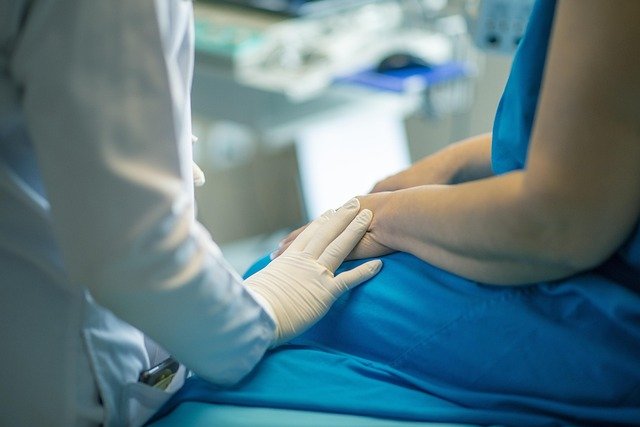How to check if you qualify for breast implants on the NHS
Curious about NHS-funded breast implants? Understand the eligibility criteria, application process, and considerations you need to know before applying. Navigating the world of breast implants can be daunting, especially when considering whether to pursue surgery through the National Health Service (NHS). Many women explore breast augmentation for various reasons, including post-mastectomy reconstruction, balancing asymmetrical breasts, or simply enhancing their appearance. However, not everyone qualifies for NHS-funded breast implants, which means understanding the criteria and process is crucial. In this article, we will delve into the qualifications necessary to qualify for breast implants on the NHS, the application process, and key considerations to keep in mind. We will also discuss the emotional and physical implications of breast surgery, ensuring that you have a comprehensive understanding before making any decisions.

What Are the NHS Criteria for Breast Implants?
The NHS primarily considers breast implants for reconstructive purposes rather than purely cosmetic reasons. Qualifying conditions typically include significant breast asymmetry, congenital deformities, or post-medical reconstruction following mastectomy or breast cancer treatment. Each case is evaluated individually, considering both physical and psychological factors.
Consultation with Your GP: The First Step
Initiating the process requires a comprehensive consultation with your general practitioner. Your GP will assess your medical history, conduct physical examinations, and determine whether your situation meets NHS surgical criteria. They will provide referrals to specialist plastic surgeons who can further evaluate your specific circumstances and potential surgical needs.
The Role of Mental Health in Qualification
Psychological assessment plays a critical role in determining breast implant eligibility. The NHS considers mental health implications, ensuring that patients have realistic expectations and understanding of potential surgical outcomes. Individuals must demonstrate that the procedure will significantly improve their psychological well-being and not result from temporary emotional distress.
Understanding the Application Process
The NHS application process involves multiple stages of medical assessment. This includes detailed medical documentation, professional recommendations, and potentially psychological evaluations. Patients must provide comprehensive evidence demonstrating medical necessity rather than aesthetic preference. Waiting times can vary significantly depending on individual case complexity and local healthcare resource availability.
Cost and Provider Considerations
| Provider | Service Type | Estimated Waiting Time | Potential Costs |
|---|---|---|---|
| NHS | Reconstructive Surgery | 6-18 months | Typically No Direct Patient Cost |
| Private Healthcare | Cosmetic/Reconstructive | Immediate | £3,000 - £8,000 |
Prices, rates, or cost estimates mentioned in this article are based on the latest available information but may change over time. Independent research is advised before making financial decisions.
Considerations Before Proceeding
Before pursuing breast implants through the NHS, patients should carefully evaluate potential surgical risks, recovery expectations, and long-term medical implications. Comprehensive discussions with healthcare professionals can provide clearer insights into individual suitability and potential outcomes.
This article is for informational purposes only and should not be considered medical advice. Please consult a qualified healthcare professional for personalized guidance and treatment.




